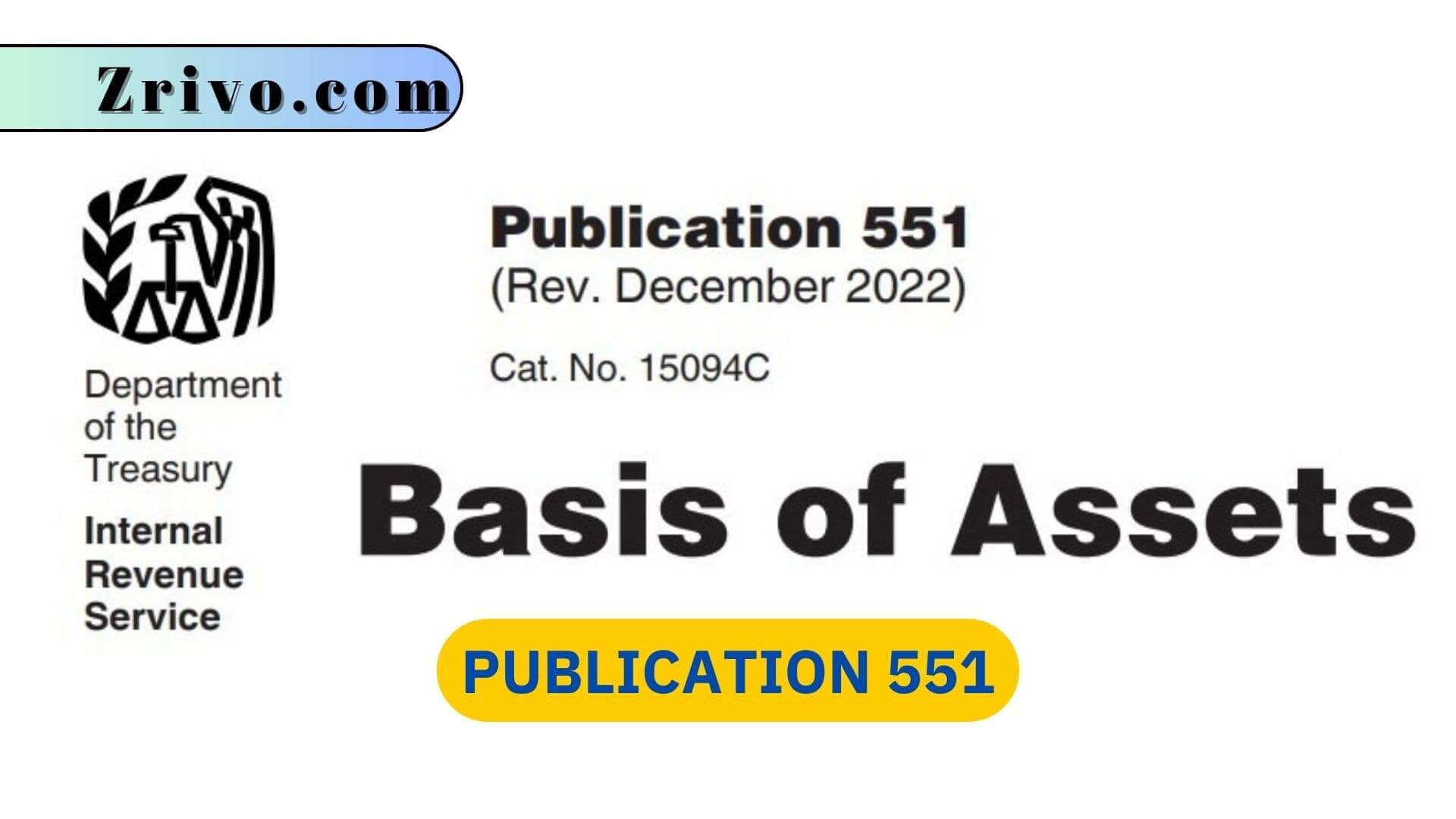Form 2555 2025 - 2026
Expatriates that work overseas may be able to reduce their tax bill by filing IRS Form 2555. This is because the foreign-earned income exclusion allows certain US citizens to exclude a portion of their earnings from federal taxes. In order to qualify for this, expats must meet the bona fide residency and physical presence tests. … Read more









